A tightly knit LGBT community in and around San Diego weathered a string of suicides by transgender youth in 2015. Emmet Castle's death in October was the fourth; he was just 14 when he died.
Experts are always quick to remind media that there's never one reason for a suicide. The story of what's happened can't be boiled down into an easy-to-understand narrative. At the same time, the problem can't be ignored as too complex.
The Advocate spoke to Max Disposti, executive director at North County LGBTQ Resource Center in Oceanside, a seaside town 25 minutes north of downtown San Diego, about why this California region in particular suffered so much loss. Several of the youth actually used the center's services before their deaths.
One theory he and other LGBT leaders are considering says that acceptance of transgender identity in some echelons of this progressive-leaning region has grown quickly, while still lagging in other groups.
That dichotomy of societal tension may have created a perfect storm where trans teens are emboldened to be themselves by supportive clusters, expecting more acceptance in the broader community than may exist.
"I think there's merit in the theory transgender teens in the region feel supported by friends, family, counselors and many parts of the community, including the LGBTQ Center, so they feel comfortable being who they are as trans people," says Disposti. "But then when they experience bullying in the community, they can feel devastated by it."
Disposti says there's still a disturbing amount of transphobia in the San Diego region. Transphobic bullying was blamed in the death of Fallbrook teen Taylor Alesana last April, who was 16. Friends remember videos on her YouTube channel, where she talked about bullying at school and defiantly said, "I don't care what other people think." Still, Alesana had reported harassment to school officials that occurred daily, both in person and online.
Bullying on social media is increasingly worrisome for advocates. American teens spend an estimated nine hours per day engaging peers and others on social media, according to a study by Common Sense Media. "So they might be getting a lot of support and love at home and even at school, but they also have lives online on social media," says Disposti. "We have to remember that has a major impact on them."
There are other pressures, too. The kids are keenly aware of the struggle trans people face all over the country, most recently in South Dakota, where Gov. Dennis Daugaard, a Republican, is considering whether to sign a "bathroom bill" into law. It would bar students from using the bathroom, locker room, and shower facilities that correspond with their gender identity.
"We have a core group of transgender youth who feel the pressure to take on the task of being role models and educators about transgender issues themselves," he says. "In some ways we're asking them to be adults. But even though they do a great job and can act and appear to us be thriving young adults, they are still kids; and I think we need to give them room to just be kids."
Darlene Tando is a San Diego-based licensed clinical social worker and leading counselor on transgender issues. She says allies have a huge role to play in preventing trans youth suicides.
"The best way to support and protect transgender youth: don't make assumptions about gender; allow yourself to learn from each youth and their gender identity," says Tando. "Speak up if you hear transphobic language being used or see transphobic behaviors."
Life at school, say experts, is one of the most impactful times for allies of transgender youth to practice Tando's advice. They urge allies to speak out even when they see abuse coming from school administrators or faculty.
Bullying online and in the brick-and-mortar world were reportedly contributors to the deaths by suicide of two other trans teens in San Diego County last year, including that of 14-year-old Kyler Prescott in May, and a trans teen named Sage in March. But at least in the case of Prescott, it wasn't only kids creating trouble. Prescott's mother, Katharine, met Caitlyn Jenner during the first season of I Am Cait and told the reality star, "People always assume when they talk to me that Kyler was bullied by other kids, or something like that. But that's actually not really the case. Really, where he had the most problems was with adults not understanding."
Prescott's mom specifically called out adults for not using the correct pronoun, saying they didn't understand "he needed them to use a male pronoun." Experts say individual mindfulness about language and expressions of support for transgender teens is crucial to make any community safer for transgender teens.
"Show that each and every youth is valuable by honoring them for exactly who they are," Tando says. "Use the name and pronouns that are in line with how they feel about themselves."
But she adds, the big picture -- societal change -- is vital. "Last but not least, society at large has to change. Society has to let go of gender rules and instead embrace and celebrate diversity."
Kathie Moehlig, executive director of TransFamily Support Services, is herself a San Diego mom of a transgender teen. Moehlig founded the group after Prescott's death and has taken on the role of educating people across this sprawling, largely-affluent, yet racially and economically diverse, region about how everyone can be more supportive of transgender friends, neighbors, and family members. Her organization works closely with families and transgender youth.
"As our thoughts and prayers are with the families who experienced great loss, we are reminded that we must work even harder to create and support a safe and informed community for all transgender youth and their families," Moehlig says.
She and other leaders in the community are hopeful that their work -- plus a growing number of role models in the media and an increasingly-inclusive society -- will translate to fewer deaths of trans teens in 2016.
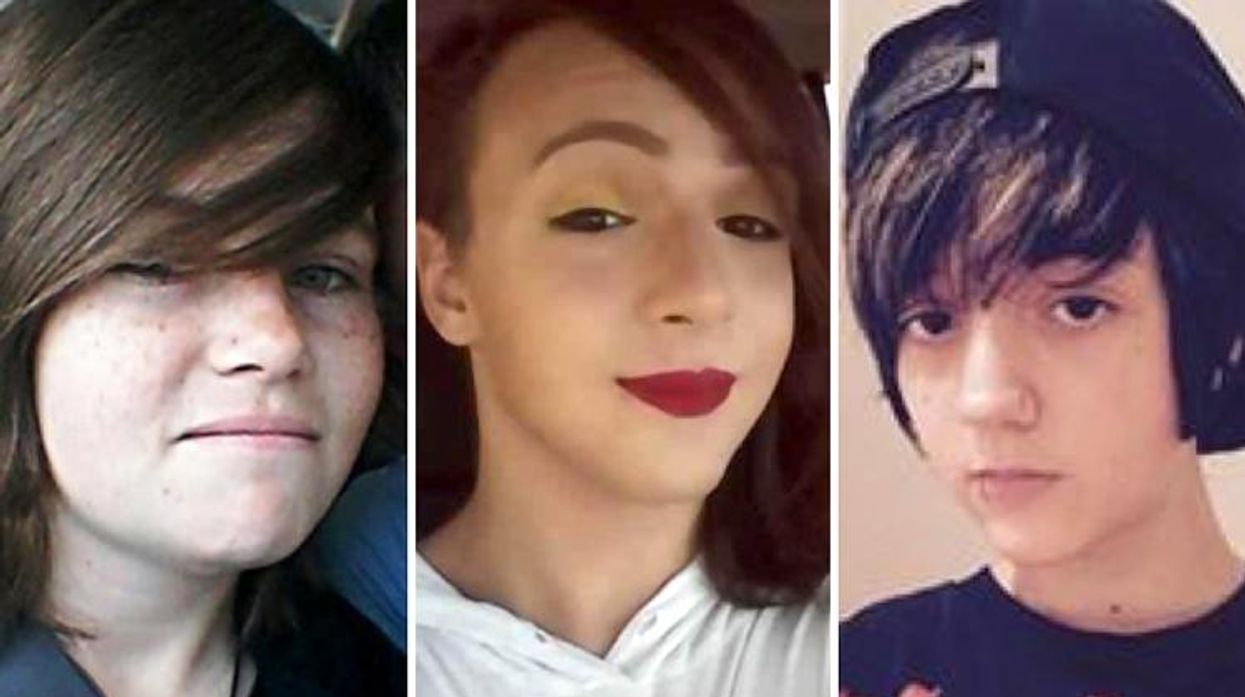
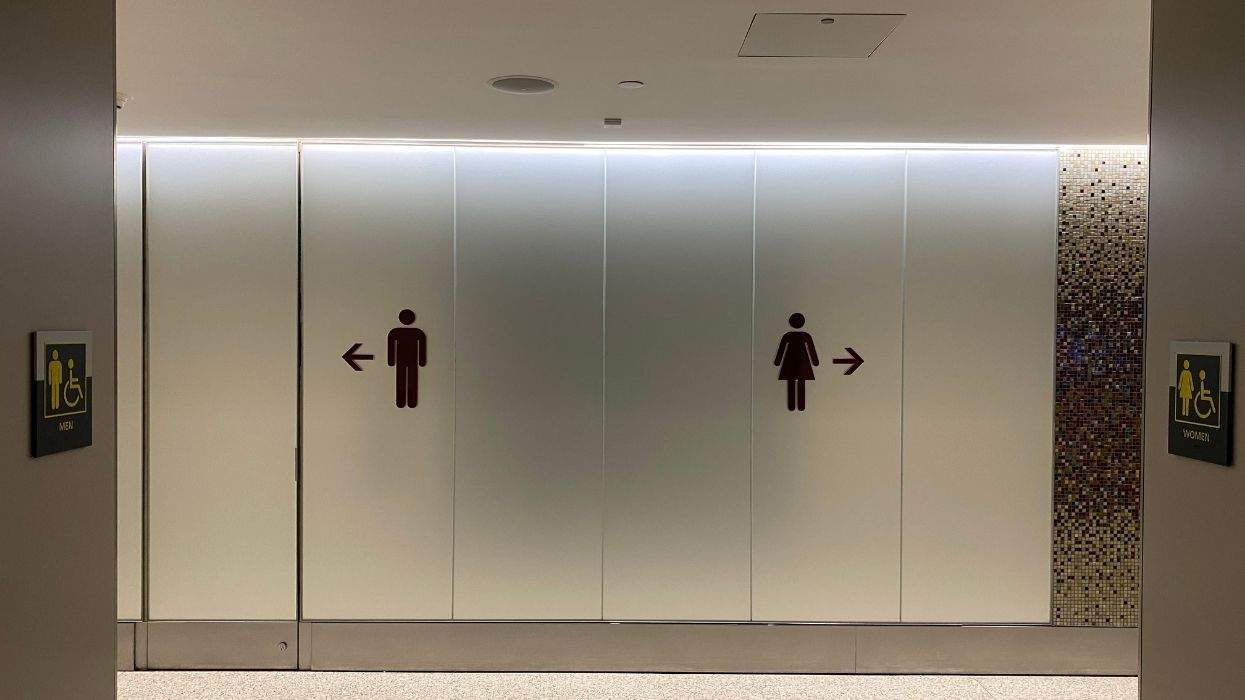
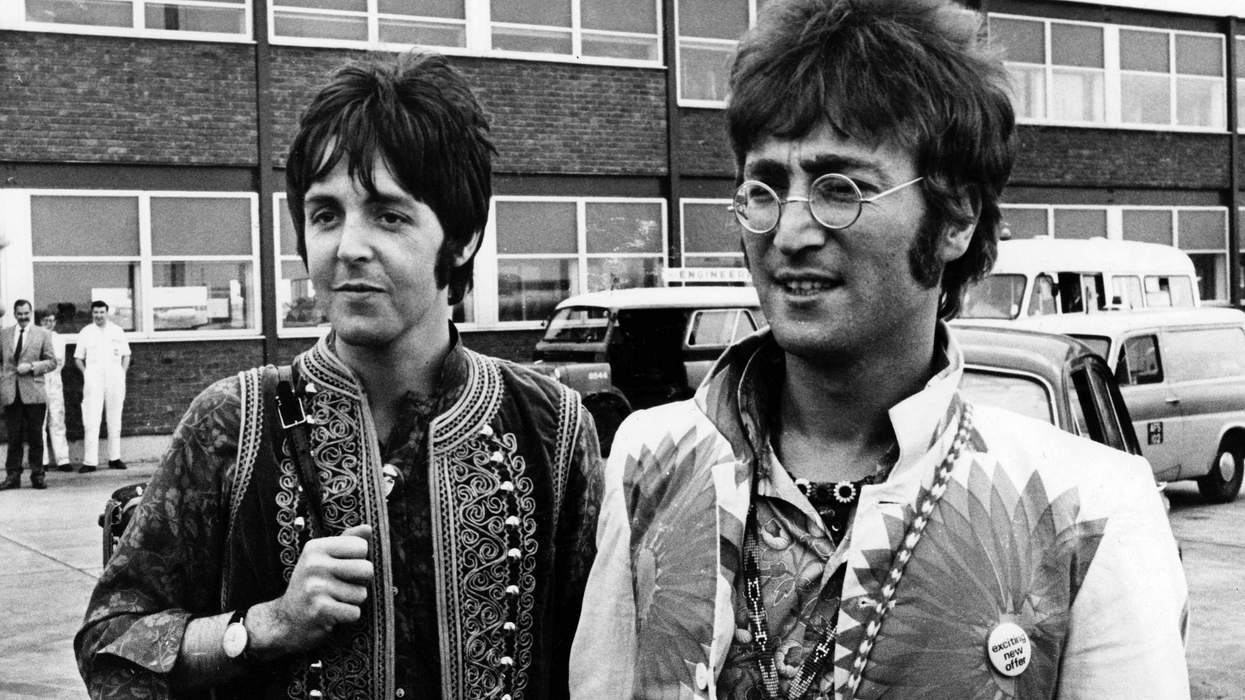
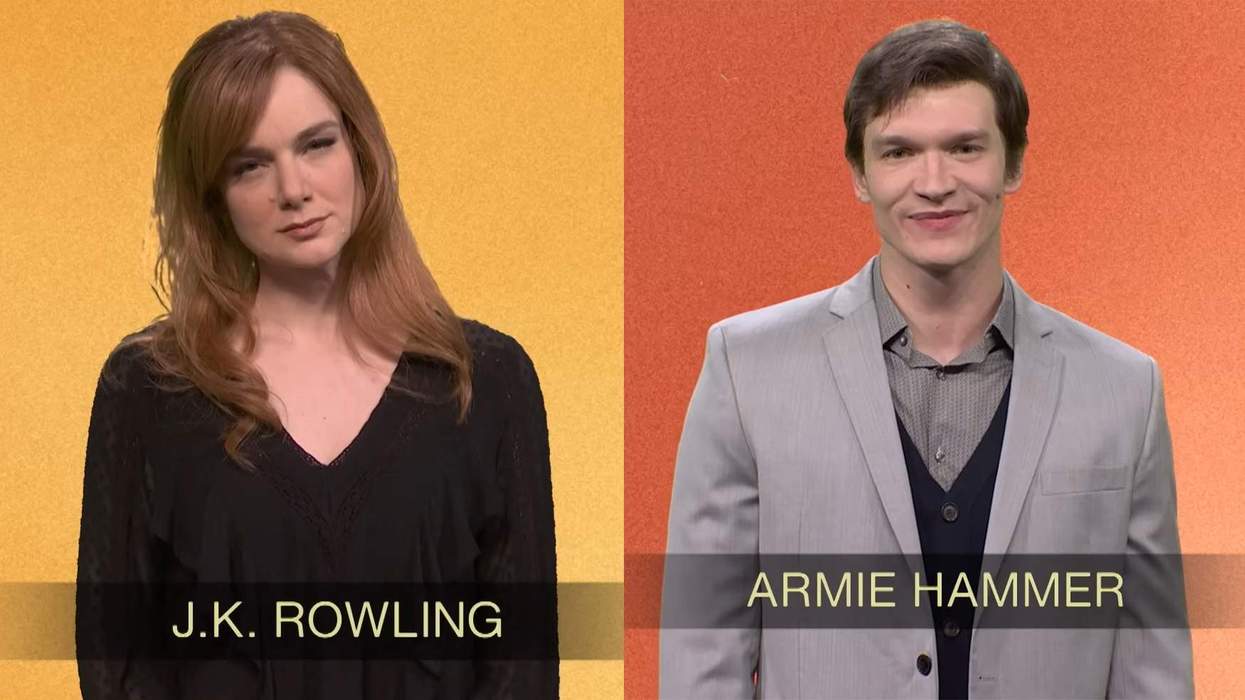
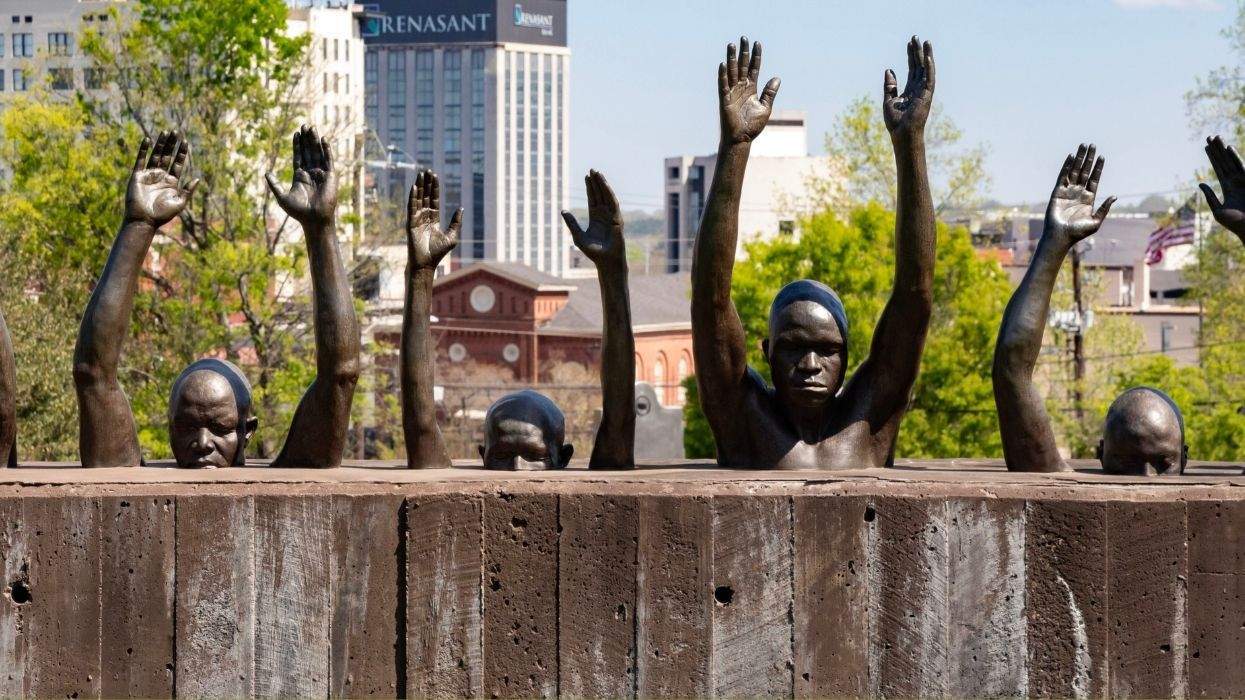

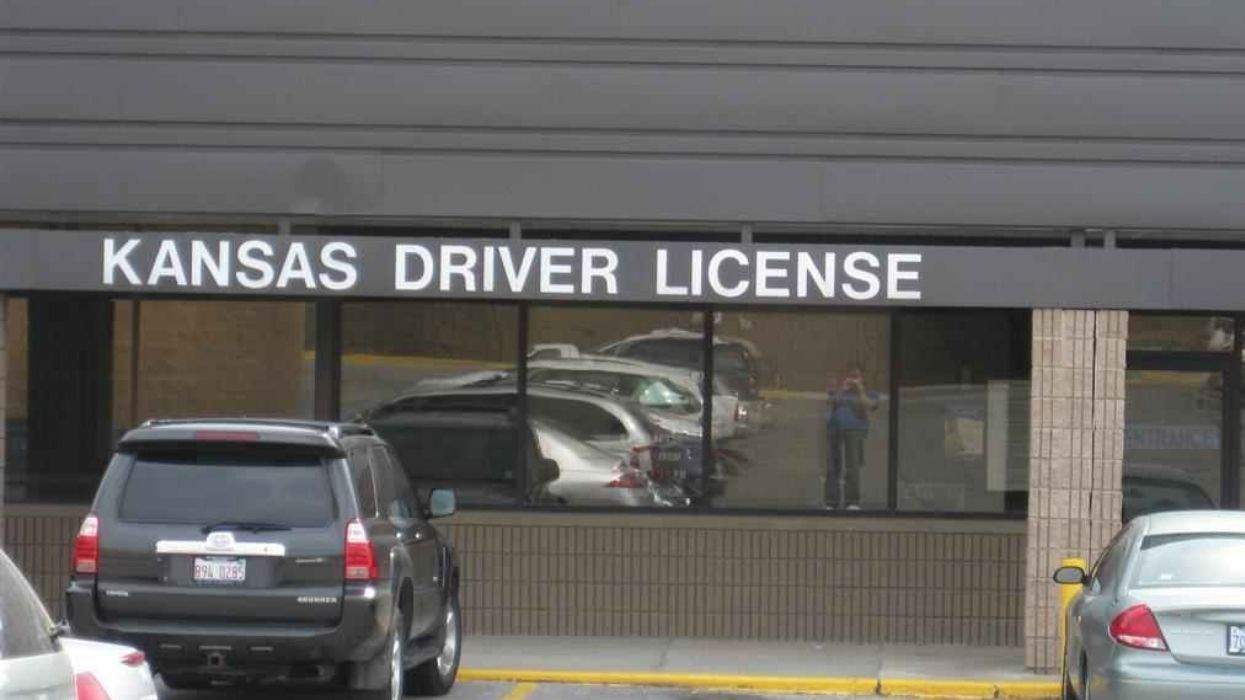
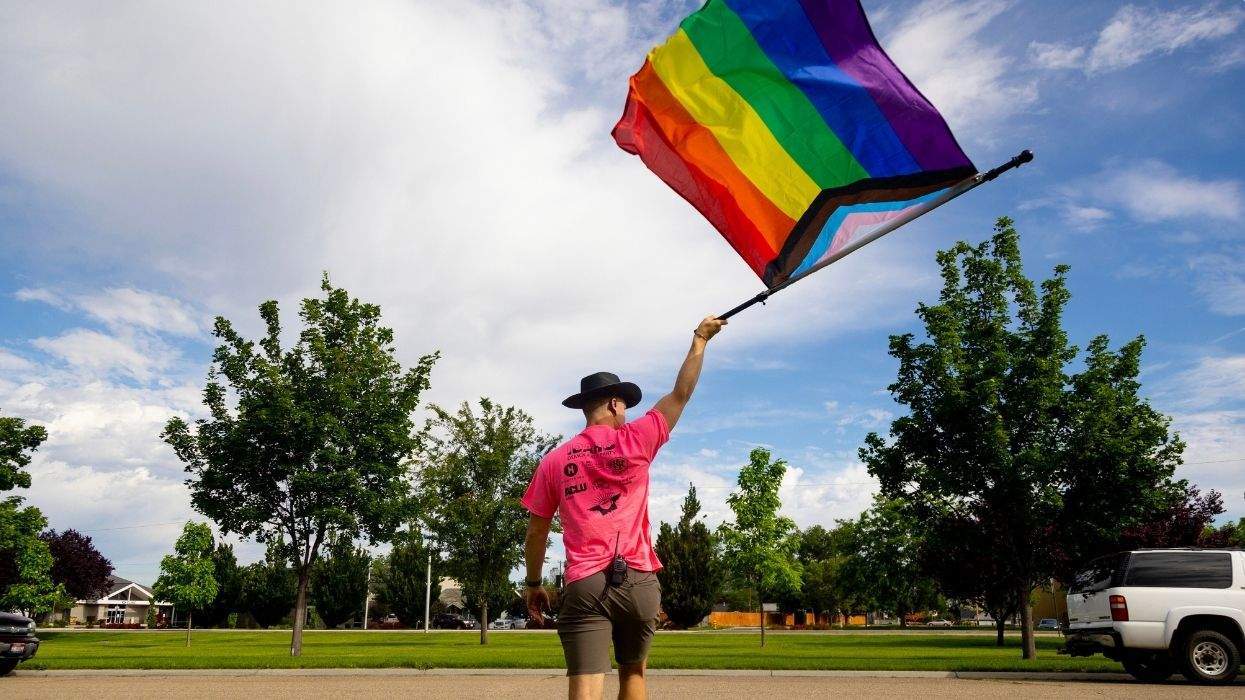

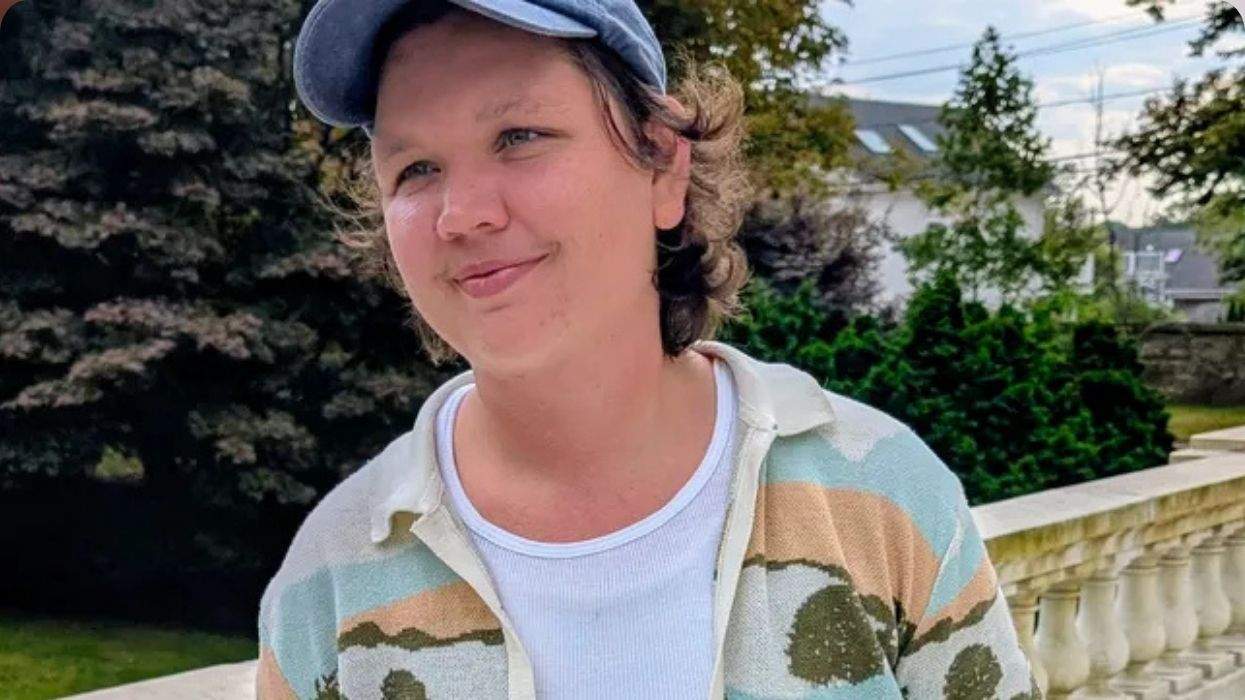





Charlie Kirk DID say stoning gay people was the 'perfect law' — and these other heinous quotes
These are some of his worst comments about LGBTQ+ people made by Charlie Kirk.